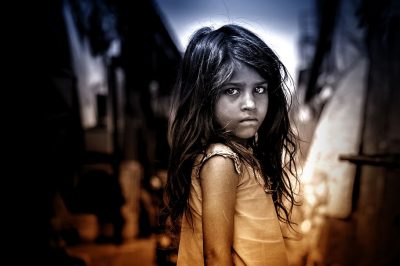In a world facing unprecedented levels of global displacement, World Refugee Day on 20 June serves as a poignant reminder of the strength, resilience, and hope that refugees embody. With an unprecedented 110 million individuals forced to flee their homes, we are confronted with a shocking statistic that compels us to take action. Despite the difficulties, it is essential to acknowledge the incredible potential and critical role that refugees may play in creating a better future for humanity.
Refugees are not merely victims; instead, they are masters of resiliency, adaptability, and inventiveness. They frequently arrive in host countries with nothing more than the clothes on their backs, having been forced to escape their country due to violence, persecution, or tragedy. But despite their struggles, many refugees exhibit unyielding determination and a spirit that won’t give up.
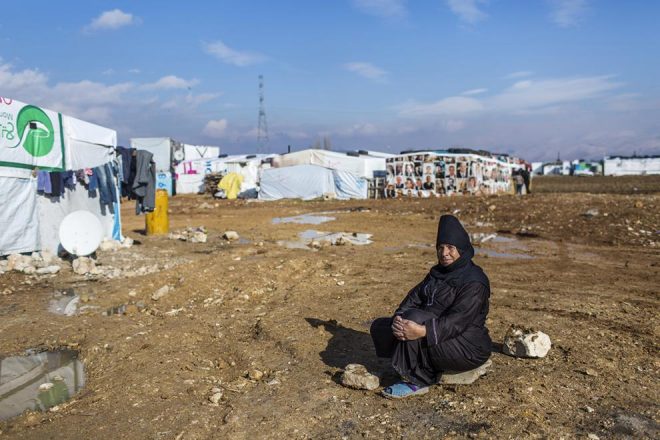
Take Türkiye as an example, a country that has been at the forefront of welcoming refugees. Türkiye has proven an unprecedented commitment to providing safe havens and opportunities for almost 3.7 million registered Syrian refugees.
Due to the Temporary Protection Regime, refugees have been provided access to healthcare, education, and employment, allowing them to reconstruct their lives and contribute to Turkish society. Turkish communities have shown incredible generosity and solidarity, opening their doors to people in need and demonstrating the transformative power of empathy.
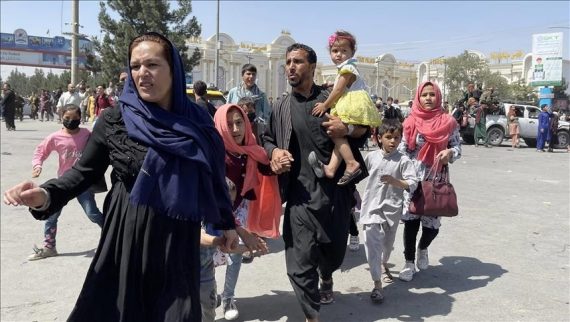
Similarly, Pakistan has historically served as a sanctuary of shelter for Afghan refugees fleeing their home country. Despite its socioeconomic woes, Pakistan has housed millions of Afghan refugees over several decades.
The country’s generosity is illustrated by initiatives such as the Proof of Registration (PoR) cards, which offer refugees legal registration and access to essential services. Moreover, Pakistani society has embraced the skills and talents of Afghan refugees, fostering an environment where they can establish businesses, contribute to the workforce, and enrich the nation’s cultural fabric.
Also Read: Mazen School Quaid’s Kindergarten Graduation Inspires Little Achievers
Pakistan has also been essential in establishing stability and peace in Afghanistan. Recognizing that a stable peace in Afghanistan is crucial to the strength and growth of the region, it has actively supported Afghan-led peace initiatives.
Pakistan’s attempts to facilitate communication among diverse Afghan factions have created a favorable environment for negotiations and reconciliation. Pakistan’s efforts toward an Afghan-led peace process indicate the country’s dedication to stability and the facilitation of the safe return and reintegration of Afghan refugees in their own country.
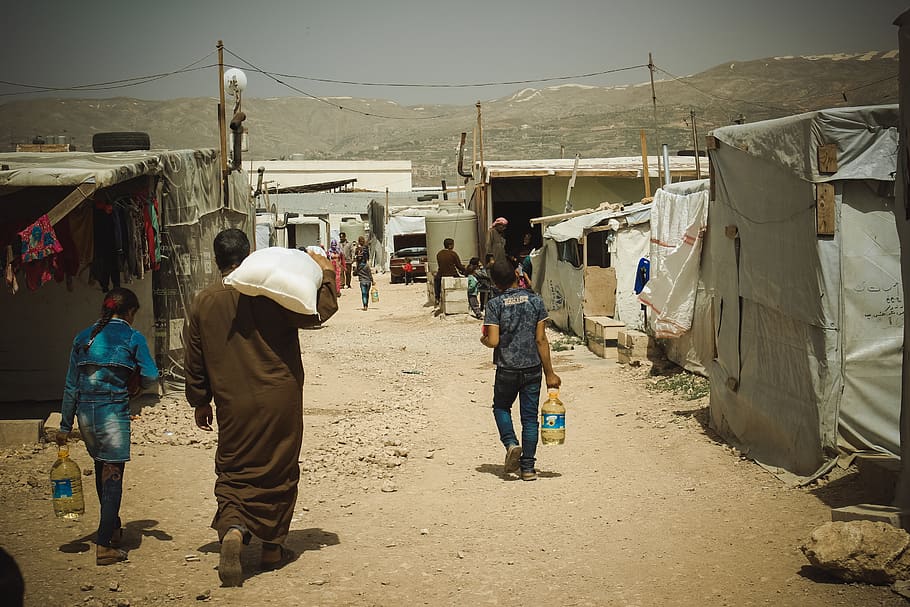
Additionally, Pakistan has advocated for more international sympathy and support for Afghan refugees, extending its efforts beyond its borders. It has often urged the international community to deal with the underlying causes of displaced people’s situations and offer enough funding to meet the requirements of Afghan refugees and the host communities.
Pakistan’s proactive engagement on the world stage has underlined the need for burden-sharing and joint efforts to alleviate the suffering of displaced communities.
Iran, too, has a laudable history of harboring refugees, mainly from Afghanistan. Iran has developed progressive policies that allow Afghan refugees to receive healthcare, education, and work permits, with around 3.5 million registered Afghan refugees.
The Iranian government has devised creative programs to empower refugees, such as vocational training and business support, in conjunction with the United Nations. The population of refugees has profited from this strategy, which has also helped Iran’s economy flourish and its cultural variety.
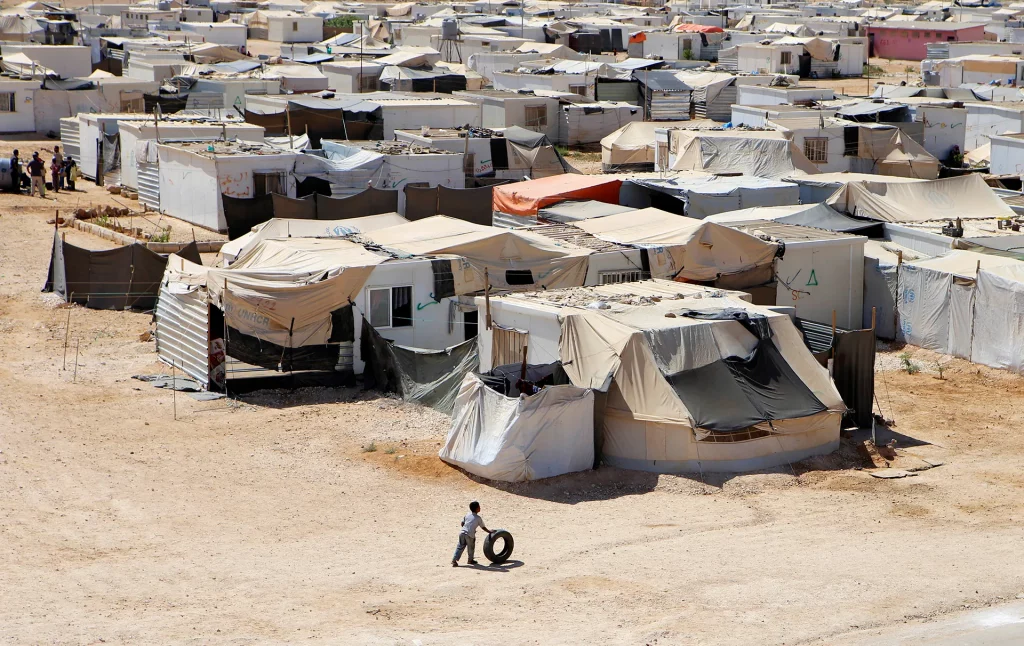
Another case in point is Uganda, which has served as an oasis for more than 4.54 million refugees, principally from South Sudan and the Democratic Republic of the Congo. Rather than seeing the influx as a burden, Uganda has embraced the potential of refugees, allowing them to work, create businesses, and access education and healthcare. Uganda has empowered refugees to support themselves while stimulating economic growth by offering land for agricultural purposes.
Similar inspiring tales of integration and achievement can be found in Germany, which took in over a million refugees since the 2015 refugee crisis. After some initial difficulties, German society came together to help immigrants establish themselves.
Refugees have been offered the opportunity to contribute their expertise and abilities to their new communities, ranging from language lessons and vocational training to mentorship programs and job prospects. This has allowed many refugees to settle successfully in Germany, where they are contributing members of society, having found work or started their enterprises.
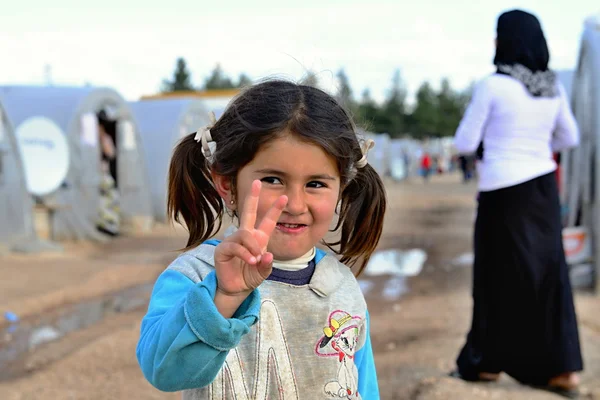
Hosting numerous refugees presents difficulties, but it is essential to understand these difficulties are solvable. Innovative solutions and global collaboration can lessen the demand for resources, infrastructure, and public services. The host countries may benefit from a plethora of talent, skills, and cultural diversity by not considering refugees as a burden but as potential contributors.
However, it is equally critical to recognize that a few countries should only partially bear the burden of hosting refugees. Global displacement is a shared responsibility that necessitates a group effort to address.
Wealthier countries must support host countries that may lack the capacity to support sizable refugee populations with financial, technical, and humanitarian assistance. Equitable burden-sharing is critical to ensuring the well-being of refugees and host communities.
Let’s honor the tenacity of refugees on this World Refugee Day and acknowledge their enormous potential to help create a brighter future for everyone. We can construct inclusive societies that celebrate variety, encourage innovation, and advance sustainable development by utilizing their resiliency, resolve, and distinctive experiences. We can only create a brighter, more humane future if we band together to change the unpleasant statistic of 110 million refugees.
International Relations Scholar interested in National Security strategies, with a good focus on Geo-Politics, Foreign Policy, and Public & Cultural Diplomacy.

